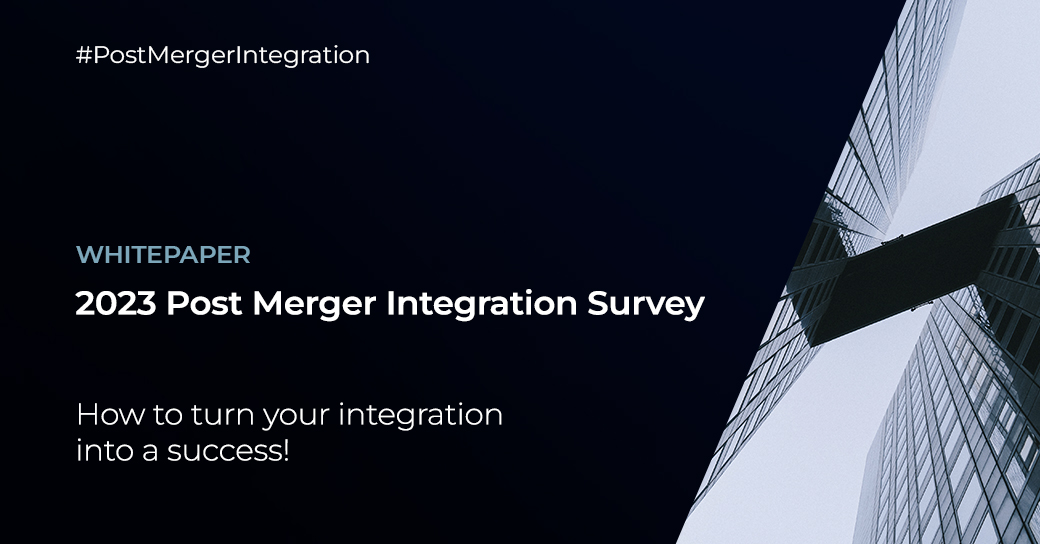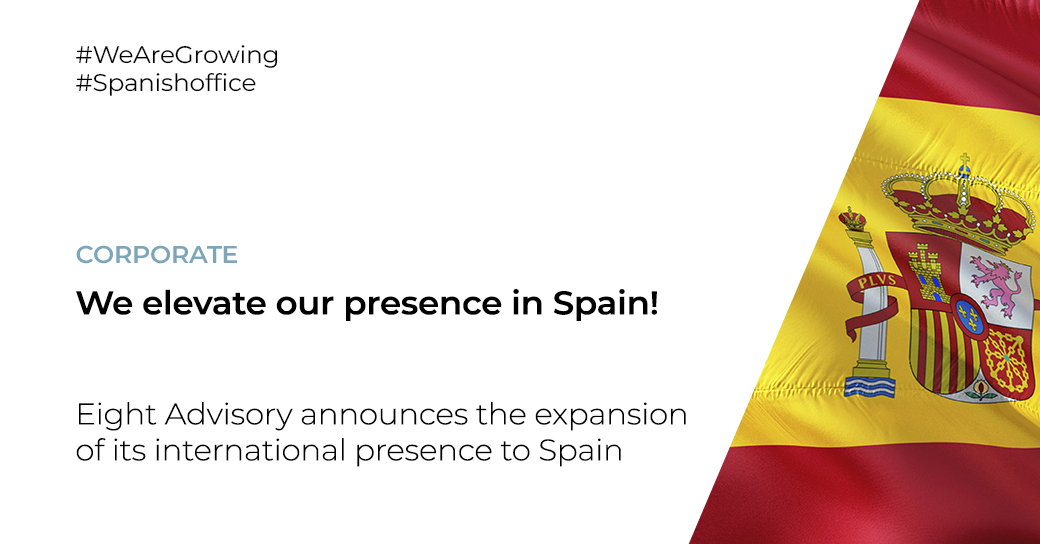
Our new study “2023 Post Merger Integration” examining the factors behind both successful and ineffective M&A deals, based on interviews with 92 European companies and private equity funds responsible for more than 700 M&A deals over the past five years, has found that in most cases, initial perceptions of success prove to be significantly off the mark as synergies fail to materialise.
Our new study “2023 Post Merger Integration” examining the factors behind both successful and ineffective M&A deals, based on interviews with 92 European companies and private equity funds responsible for more than 700 M&A deals over the past five years, has found that in most cases, initial perceptions of success prove to be significantly off the mark as synergies fail to materialise.
While more than two thirds (71%) of M&A transactions were perceived as having been successful overall from a strategic and financial standpoint, expected synergies had been achieved or exceeded in just 40% of cases.
Almost twice the number of respondents (67%) blamed culture convergence and change management as the most underestimated issue versus second-ranked business continuity disruption (35%). Other challenges identified were insufficient depth of due diligence (27%) and deficient process oversight (24%). In contrast, factors behind successful deals included, first and foremost, a well-structured integration process (60%) followed by the quality of the due diligence (34%).
Senior managers often fail to distinguish between country cultures, corporate cultures, and management cultures. In addition, less than 50% of the companies surveyed had established dedicated change management workstreams in their integration processes and, of those that had, the contents of such workstreams varied significantly.
William Berger, Partner at Eight Advisory, said: “While a large number of M&A deals appear to have worked, in reality there are much deeper risks involved that are not always talked about and can often lead to long-term weaknesses.
For instance, cultural integration is such a risk that is often undervalued. In addition, we have long argued that it is vital that those involved in ensuring an M&A transaction is a success adopt best practices such as having well-structured integration and synergy tracking processes, performing quality due diligence on all aspects of a transaction and involving the right teams early on.”
To secure the success of an integration, having a formalized Integration Playbook is key, according to the survey’s respondents. 81% of companies with such a Playbook outperformed or hit their strategic and operational targets on deals, compared to 62% of companies without one.
Additionally, companies who tracked synergies with detailed operational and financial KPIs generated, on average, 19% more synergies that companies who relied on high-level tracking of financial performance only. Companies with a dedicated integration leader were successful in reaching their strategic goals in 75% of cases.
William Berger added: “M&A deals can deliver compelling returns for shareholders but these are complex, long-run and highly sensitive processes that need to be properly managed. Experienced leaders with the right teams, working with effective partners and a comprehensive plan, can address material challenges such as cultural integration while minimising business disruption and deliver the right, long-term returns for shareholders.
At Eight Advisory, we have helped many organisations prepare for and successfully navigate M&A deals. Our approach helps build out the right integration strategy, implement change management and empower teams by helping them build their own integration playbooks, tailored to their strategy, acquisition objectives and culture.”
Enjoy the read: 2023 Post Merger Integration Survey









